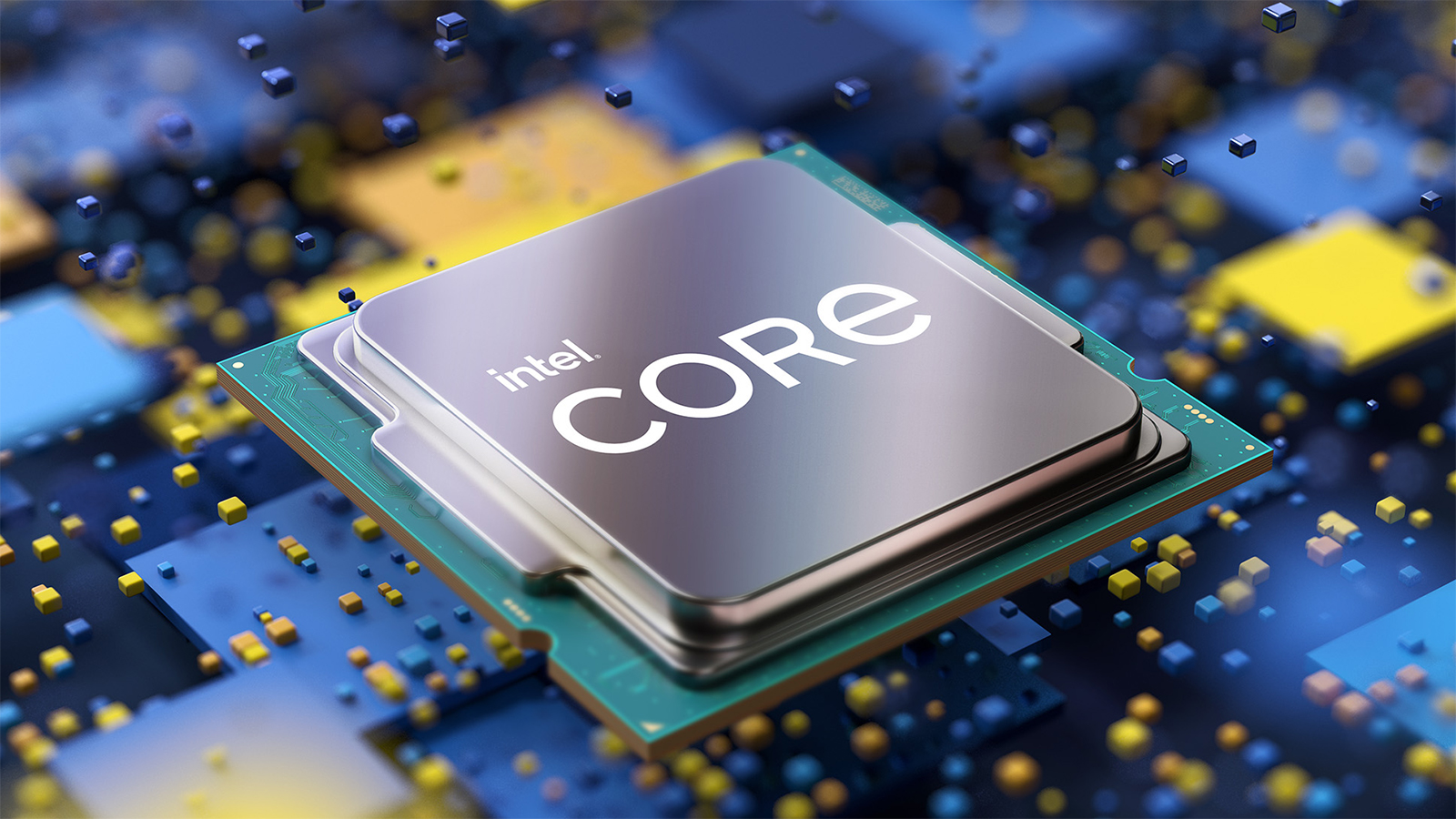Intel's most powerful Tiger Lake-H45 processor appears in the wild
But the processor hasn't been pushed to its limit yet

Sign up for breaking news, reviews, opinion, top tech deals, and more.
You are now subscribed
Your newsletter sign-up was successful
Although Intel hasn’t yet launched its 11th-gen Tiger Lake processors, its flagship model, the Core i9-11950H, has made its debut on Geekbench inside an HP ZBook Studio G8 laptop.
The Tiger Lake line of processors is designed specifically for laptops and the Core i9-11950H will help Intel take on AMD's top-end mobile gaming processors, specifically the Ryzen 9 5980HX and the Ryzen 9 5900HX.
However, as Notebookcheck warns, not all that much can be inferred from the processor’s Geekbench score, since it usually takes a handful of different benchmarks with different configurations to present the true picture of a processor’s performance.
- We've put together a list of the best workstations on the market
- Take a look at these best laptops for business
- Here’s our collection of the best best mobile workstations
As it stands, there is only one listing for the processor on Geekbench, which can’t be used to accurately gauge the actual performance.
Furthermore, Geekbench notes that the processor was benchmarked while the laptop was running the optimized power plan, which doesn’t put the processor under as much stress as Windows 10's Best Performance mode.
Spec sheet
While the scores aren’t of much use, the listing does give us a glimpse into the specifications of the upcoming processor.
From the Geekbench listing, it appears the Core i9-11950H will feature eight hyper threaded cores, a base clock of 2.6GHz and a boost clock of 4.9GHz.
Sign up to the TechRadar Pro newsletter to get all the top news, opinion, features and guidance your business needs to succeed!
Furthermore, the processor features 640 KB of L1 cache, 10 MB of L2 cache and 24 MB of L3 cache.
Of course, the listing also confirms that HP has a G8 edition of the ZBook Studio in the works.
- We’ve also rounded up the best tech for hybrid working
Via NotebookCheck
With almost two decades of writing and reporting on Linux, Mayank Sharma would like everyone to think he’s TechRadar Pro’s expert on the topic. Of course, he’s just as interested in other computing topics, particularly cybersecurity, cloud, containers, and coding.
